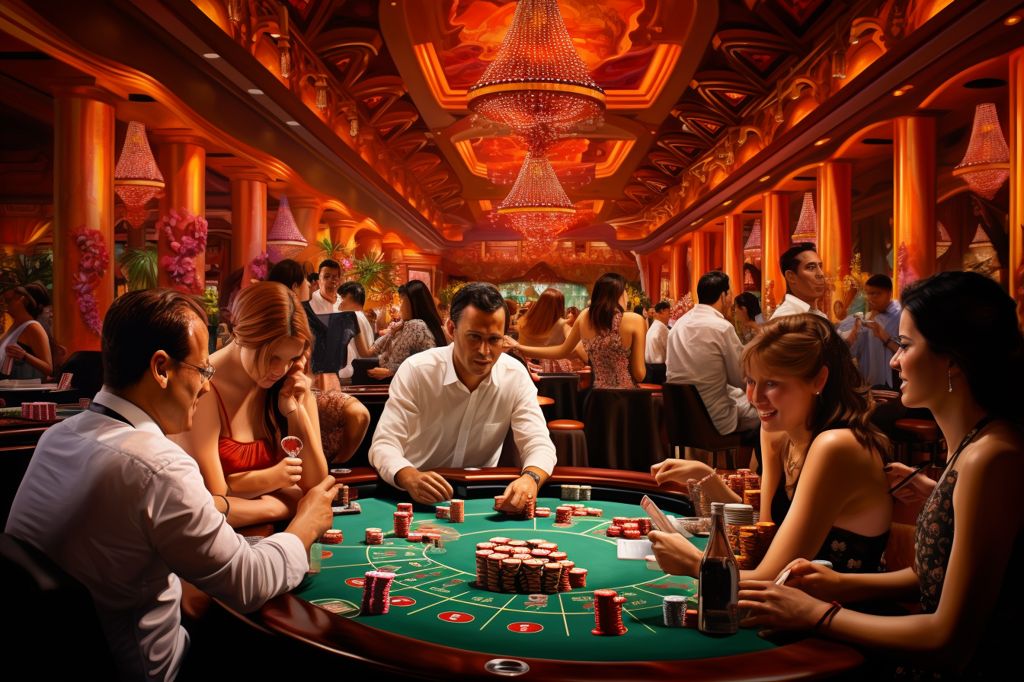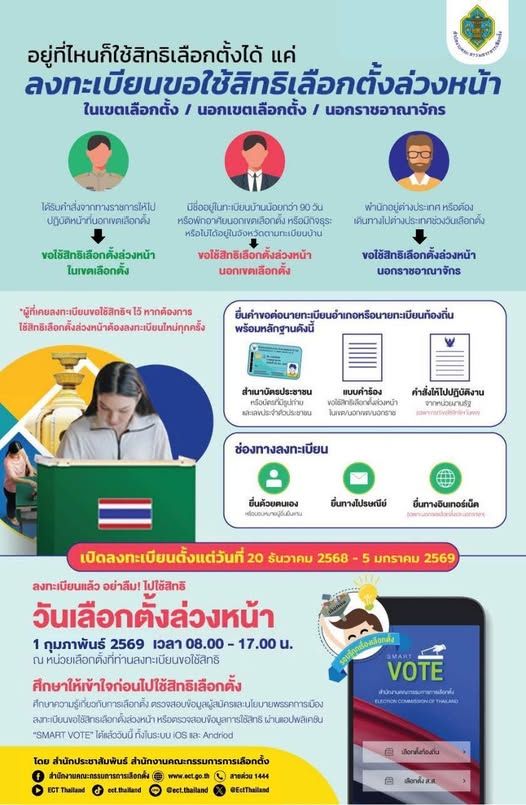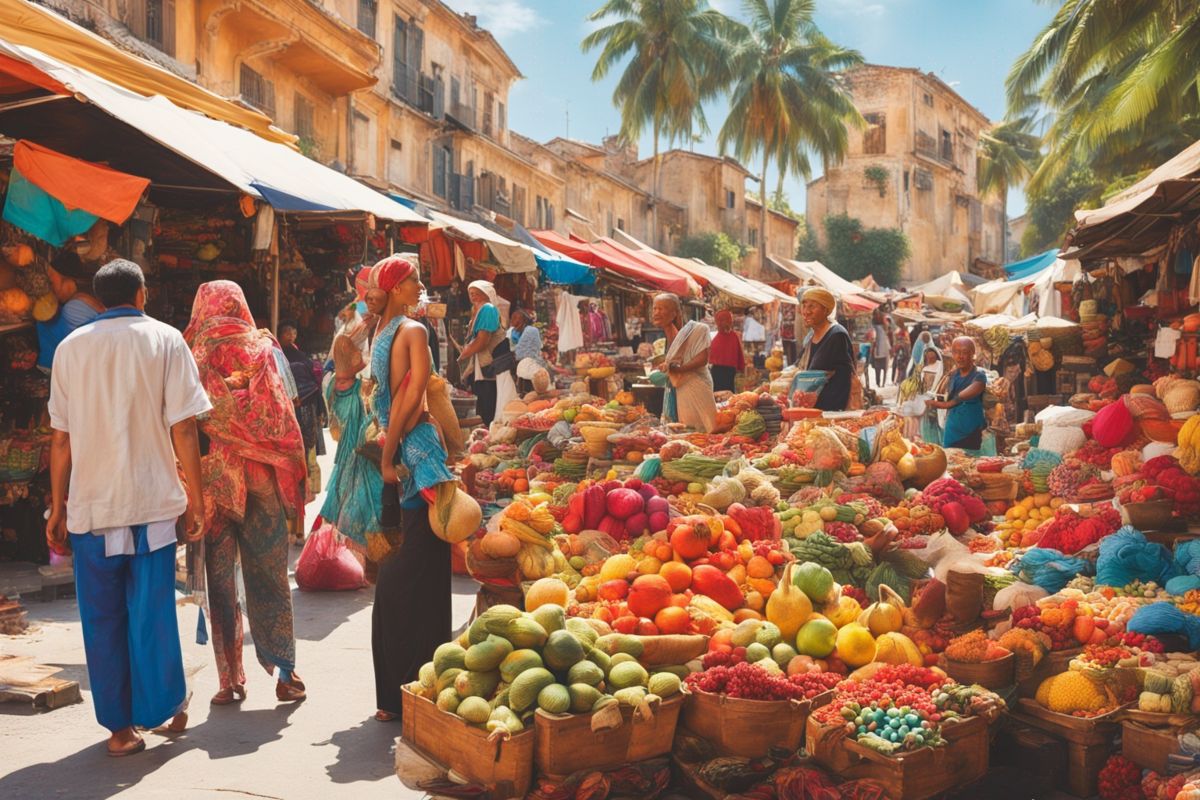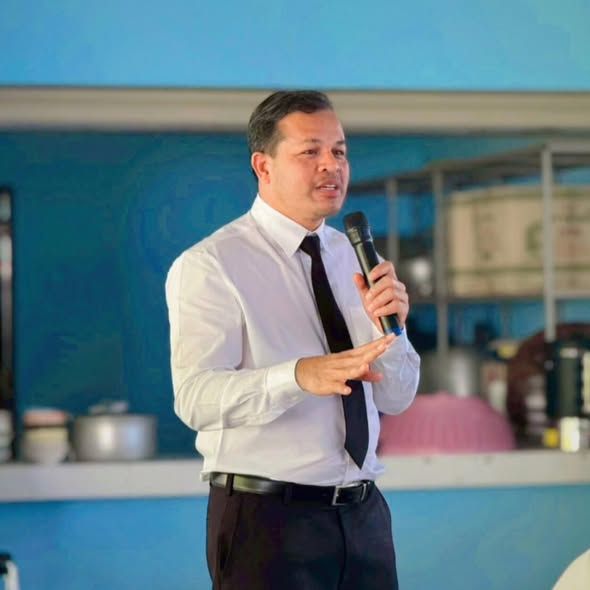“Legalizing casinos in Thailand could combat illegal gambling and generate additional revenue for the country. The Bhumjaithai Party is pushing for the government to expedite the process and minimize corruption. #Thailand #Casinos #Tourism #EconomicDevelopment”
LegalizingCasinos #BhumjaithaiParty #Government #Corruption #FeasibilityStudy #Bangkok #EasternEconomicCorridor #TouristHotspots #US8Billion #Gambling #Revenue #EconomicBoost #TourismIndustry #TravelThailand #DiscoverThailand #VisitThailand #AsiaTravel #SoutheastAsia #TravelAsia
Bhumjaithai Party Advocates for Legal Casinos
The Bhumjaithai Party is pushing the government to expedite the process of legalizing casinos in Thailand. They believe that legal casinos could help resolve issues related to illegal gambling dens, online gambling fraud, and corruption within the industry.
Bhumjaithai MP Saritpong Kiewkhong expressed his desire for the government to consider legalizing casinos during a recent press briefing. The main objectives are to minimize corruption and generate additional revenue for the country.
Illegal Casinos and Corruption
According to Saritpong, illegal casino operators often pay bribes to law enforcement officers and government officials to avoid prosecution. By legalizing casinos, the government will be able to closely monitor and regulate both online and offline gambling establishments, reducing the potential for corruption.
Revenue Generation and Tourism Boost
Saritpong also highlighted the potential revenue generation and tourism boost that legal casinos could bring to Thailand. He cited Singapore’s success in investing 50-60 billion baht in legal casinos and entertainment complexes, resulting in over 20 billion baht in profits and a 20% increase in tourism.
Accelerating Casino Legalization Process
The Bhumjaithai Party urges Prime Minister Srettha Thavisin’s government to speed up the casino legalization process, fearing that delays may lead to lost opportunities for revenue generation and curbing corruption.
Feasibility Study for Entertainment Complexes
In January, a special House committee proposed a study to assess the feasibility of building entertainment complexes, including legal casinos. The study’s findings estimated that a complex would cost around US$8 billion (280 billion baht) to build, taking five years to complete and employing 30,000 people.
Potential Locations and Types of Gambling Activities
The report suggested that a casino complex could be built in Bangkok, the Eastern Economic Corridor (EEC), or one of 22 major tourist hotspots in Thailand. Additionally, the complex could be situated within a 100-kilometer radius of an international airport or border provinces with permanent immigration checkpoints, such as Phuket, Phangnga, Krabi, Chiang Mai, Chiang Rai, and Phayao.
The study also recommended allowing eight types of gambling activities, including online casinos, betting on stock exchange indices, foreign exchange rates, and sporting events.
Frequently Asked Questions
1. How could legalizing casinos in Thailand benefit the country?
Legalizing casinos in Thailand could help resolve issues related to illegal gambling dens, online gambling fraud, and corruption within the industry. By closely monitoring and regulating both online and offline gambling establishments, the government could reduce corruption and generate additional revenue for the country. Additionally, legal casinos could boost tourism, as seen in Singapore, where investment in legal casinos and entertainment complexes resulted in a 20% increase in tourism.
2. What is the Bhumjaithai Party’s stance on casino legalization?
The Bhumjaithai Party advocates for the legalization of casinos in Thailand and is pushing the government to expedite the process. Their main objectives are to minimize corruption and generate additional revenue for the country. They cite the potential revenue generation and tourism boost that legal casinos could bring, as seen in Singapore, and urge Prime Minister Srettha Thavisin’s government to speed up the process to avoid losing opportunities.
3. What are the potential locations and types of gambling activities suggested in the feasibility study for entertainment complexes?
The feasibility study suggested that a casino complex could be built in Bangkok, the Eastern Economic Corridor (EEC), or one of 22 major tourist hotspots in Thailand. The complex could be situated within a 100-kilometer radius of an international airport or border provinces with permanent immigration checkpoints, such as Phuket, Phangnga, Krabi, Chiang Mai, Chiang Rai, and Phayao. The study recommended allowing eight types of gambling activities, including online casinos, betting on stock exchange indices, foreign exchange rates, and sporting events.




